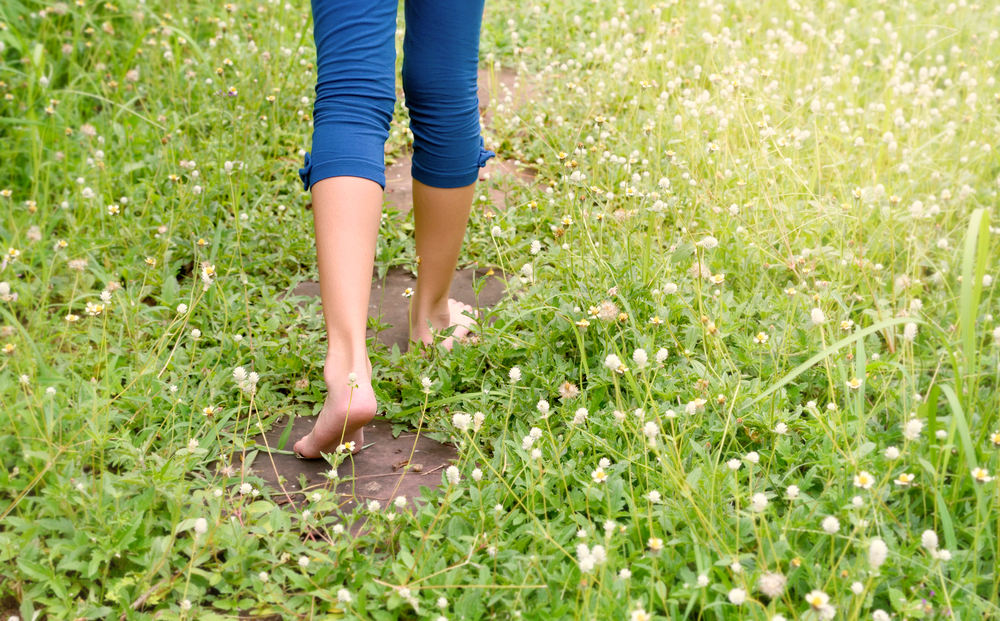According to Isaac the Syrian, a famous 7th-century bishop and theologian, a person who’s genuinely humble gives off a certain scent that other people will sense and that even animals will pick up, so that wild animals, including snakes, will fall under its spell and never harm that person.
Here’s his logic: A humble person, he believes, has recovered the smell of paradise and in the presence of such a person one does not feel judged and has nothing to fear, and this holds true even for animals. They feel safe around a humble person and are drawn to him or her. No wonder people like St. Francis of Assisi could talk to birds and befriend wolves.
But, beautiful as this all sounds, is this a pious fairytale or is it a rich, archetypal metaphor? I like to think it’s the latter, that this is a rich metaphor, and perhaps even something more. Humility, indeed, does have a smell, the smell of the earth, of the soil, and of paradise.
But how? How can a spiritual quality give off a physical scent?
Well, we’re psychosomatic, creatures of both body and soul. Thus, in us, the physical and the spiritual are so much part of one and the same substance that it’s impossible to separate them out from each other.
To say that we’re body and soul is like saying sugar is white and sweet and that whiteness and sweetness can never be put into separate piles. They’re both inside the sugar. We’re one substance, inseparable, body and soul, and so we’re always both physical and spiritual.
So, in fact, we do feel physical things spiritually, just as we smell spiritual things through our physical senses. If this is true, and it is, then, yes, humility does give off a scent that can be sensed physically, and Isaac the Syrian’s concept is more than just a metaphor.
But it’s also a metaphor: The word humility takes its root in the Latin word, “humus,” meaning soil, ground, and earth. If one goes with this definition then the most humble person you know is the most earthy and most grounded person you know.
To be humble is to have one’s feet firmly planted on the ground, to be in touch with the earth, and to carry the smell of the earth. Further still, to be humble is to take one’s rightful place as a piece of the earth and not as someone or something separate from it.
The renowned mystic and scientist, Pierre Teilhard de Chardin, expressed this sometimes in his prayers. During the years when, as a paleontologist he worked for long stretches in the isolated deserts of China, he would sometimes compose prayers to God in a form he called, “A Mass for the World.”
Speaking to God as a priest, he would identify his voice with that of the earth itself, as that place within physical creation where the earth itself, the soil of the earth, could open itself and speak to God. As a priest, he didn’t speak for the earth; he spoke as the earth, giving it voice, in words to this effect:
Lord, God, I stand before you as a microcosm of the earth itself, to give it voice: See in my openness, the world’s openness, in my infidelity, the world’s infidelity; in my sincerity, the world’s sincerity, in my hypocrisy, the world’s hypocrisy; in my generosity, the world’s generosity; in my attentiveness, the world’s attentiveness; in my distraction, the world’s distraction; in my desire to praise you, the world’s desire to praise you; and in my self-preoccupation, the world’s forgetfulness of you. For I am of the earth, a piece of earth, and the earth opens or closes to you through my body, my soul, and my voice.
This is humility, an expression of genuine humility. Humility should never be confused, as it often is, with a wounded self-image, with an excessive reticence, with timidity and fear, or with an overly sensitive self-awareness.
Too common is the notion that a humble person is one who is self-effacing to a fault, who deflects praise (even when it’s deserved), who is too shy to trust opening himself or herself in intimacy, or who is so fearful or self-conscious and worried about being shamed so as to never step forward and offer his or her gifts to the community.
These can make for a gentle and self-effacing person, but because we are denigrating ourselves when to deny our own giftedness, our humility is false, and deep down we know it, and so this often makes for someone who nurses some not-so-hidden angers and is prone to being passive-aggressive.
The most humble person you know is the person who’s the most grounded, that is, the person who knows she’s not the center of the earth but also knows that she isn’t a second-rate piece of dirt either. And that person will give off a scent that carries both the fragrance of paradise (of divine gift) as well as the smell of the earth.

